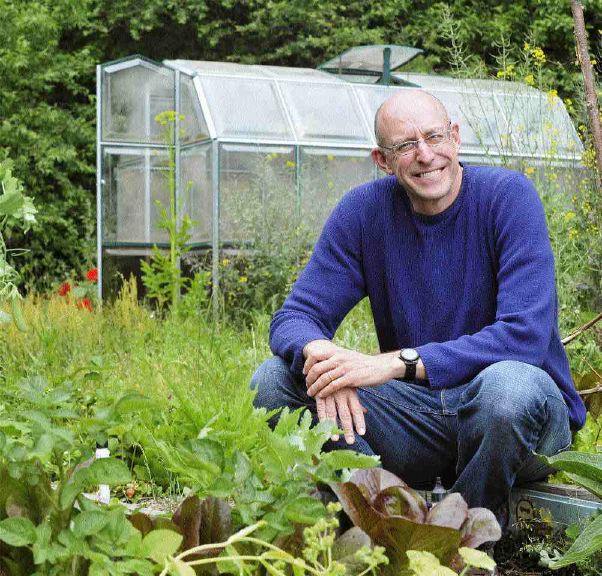For author Michael Pollan, there’s a simple prescription for good health
Mia Stainsby
Sun

Author Michael Pollan, shown here at the UBC Farm, says ‘food’ does not include ‘food-like substitutes.’ Photograph by: Jenelle Schneider, Vancouver Sun
He may not be as famous as his brother-in-law Michael J. Fox but Michael Pollan has a captivated audience that can change a nation. One, in particular, is Barack Obama.
Last October, Pollan wrote a letter to Obama in the New York Times magazine, citing how he (a presidential candidate at the time) could put the nation’s food system on the right track if he became president. In short order, an Obama aide phoned requesting a summary but Pollan declined, basically saying if the story could have been shorter, it would have been. Undeterred, Obama quoted Pollan’s article at length in an interview with a reporter from Time magazine.
At the consumer level, Pollan is changing the way people eat, first with Omnivore’s Dilemma, which stayed on the New York Times’ best-seller list for 91 weeks. In his latest book, In Defense of Food: An Eater’s Manifesto, he coined a phrase, summarizing the book’s message: “Eat food, not too much, mostly plants.” (Perhaps Obama should have asked for a seven-word summary?) Anyway, the phrase has legs and is working its way onto T-shirts, coffee mugs and the bottom of e-mail signatures. Some Pollan fans have created a web petition, appealing to Obama to appoint Pollan as Secretary of Agriculture (www.thepetitionsite.com).
Pollan’s shorthand summary of the book is like a semaphore for eating whole, local, mostly vegetarian foods in lesser amounts (like the French, eat less, but more sensually). But the background history, politics, culture and science woven into the book is what makes you sit up. “Food” in his mind, does not include “food-like substitutes,” the 17,000 new ones that appear on grocery shelves every year.
I had a chance to sit down with Pollan when he was in Vancouver on a speaking engagement recently. (About 700 people showed up at the UBC Farm.)
“I spent two years looking at the whole question of what we really know about diet and health,” he said. “Usually, the deeper you drill into questions like that, the more complicated and ambiguous things become and it’s not as simple as you thought. With this question, the opposite was true. The further I went, the simpler it got. After two years of research, I had seven words: Eat food, not too much, mostly plants.”
And that’s his prescription for health and well-being.
© Copyright (c) The Vancouver Sun
